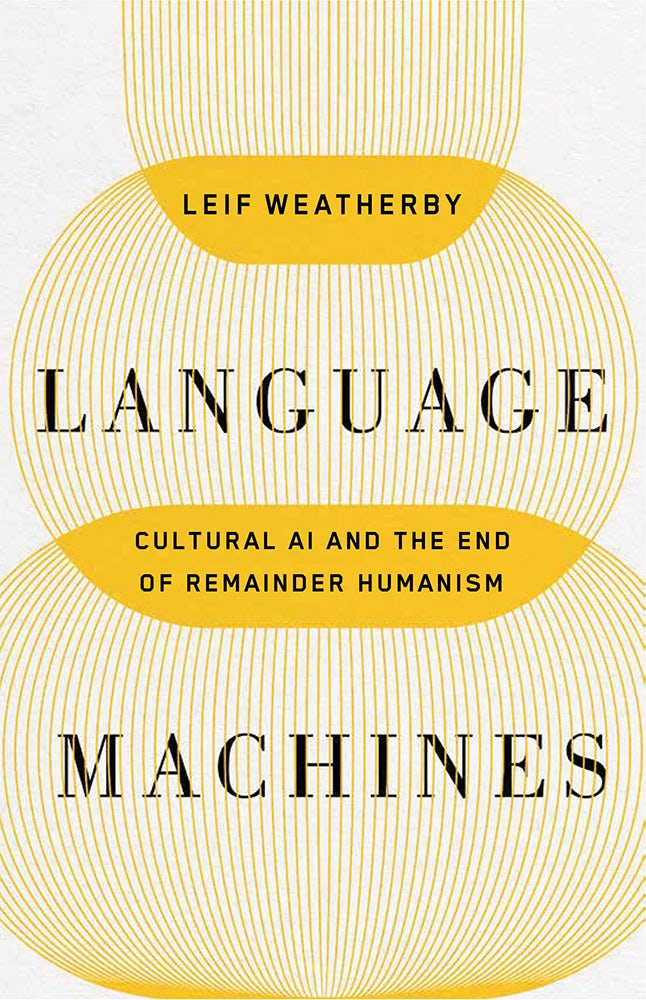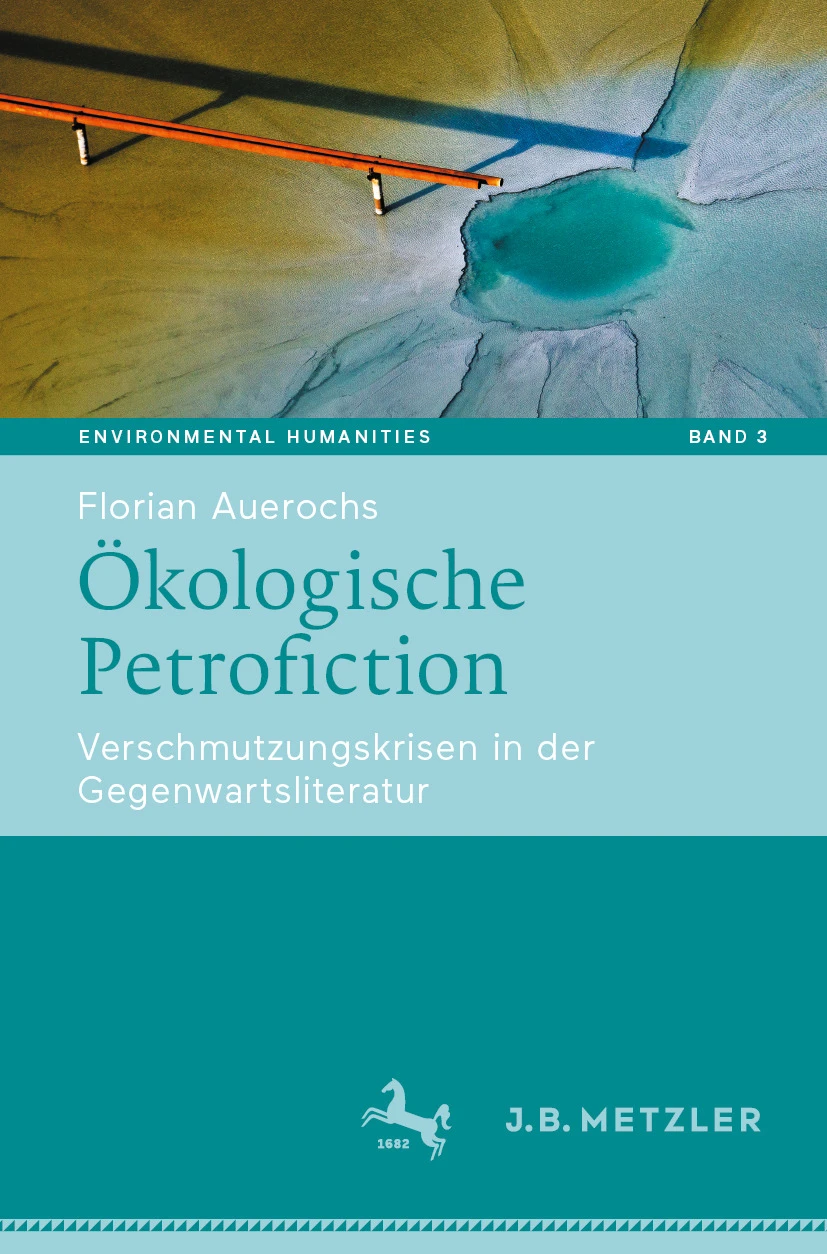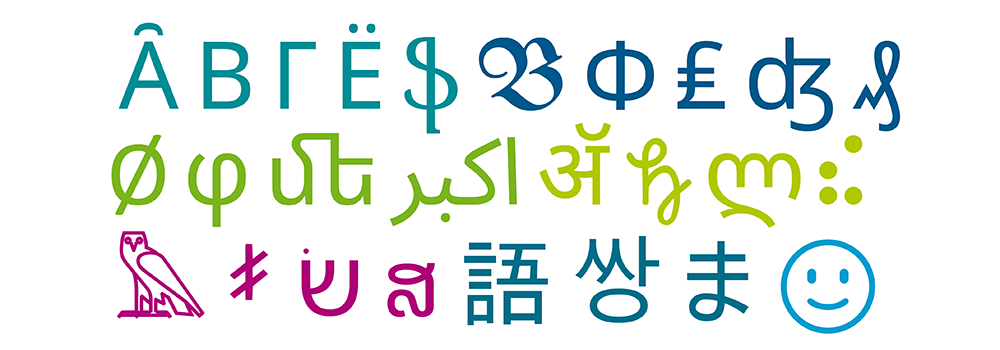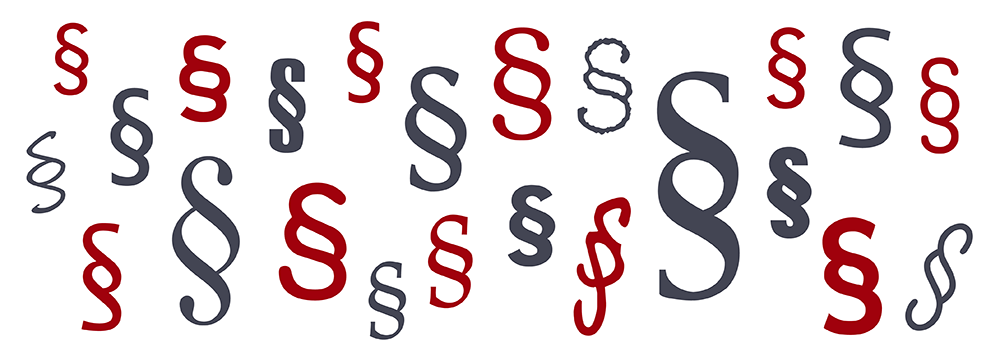Language machines: cultural AI and the end of remainder humanism
 Looking at the emergence of generative AI, Language Machines presents a new theory of meaning in language and computation, arguing that humanistic scholarship misconstrues how large language models (LLMs) function. Seeing LLMs as a convergence of computation and language, Leif Weatherby contends that AI does not simulate cognition, as widely believed, but rather creates culture. This evolution in language, he finds, is one that we are ill-prepared to evaluate, as what he terms “remainder humanism” counterproductively divides the human from the machine without drawing on established theories of representation that include both.
Looking at the emergence of generative AI, Language Machines presents a new theory of meaning in language and computation, arguing that humanistic scholarship misconstrues how large language models (LLMs) function. Seeing LLMs as a convergence of computation and language, Leif Weatherby contends that AI does not simulate cognition, as widely believed, but rather creates culture. This evolution in language, he finds, is one that we are ill-prepared to evaluate, as what he terms “remainder humanism” counterproductively divides the human from the machine without drawing on established theories of representation that include both.
To determine the consequences of using AI for language generation, Weatherby reads linguistic theory in conjunction with the algorithmic architecture of LLMs. He finds that generative AI captures the ways in which language is at first complex, cultural, and poetic, and only later referential, functional, and cognitive. This process is the semiotic hinge on which an emergent AI culture depends. Weatherby calls for a “general poetics” of computational cultural forms under the formal conditions of the algorithmic reproducibility of language.
Locating the output of LLMs on a spectrum from poetry to ideology, Language Machines concludes that literary theory must be the backbone of a new rhetorical training for our linguistic-computational culture.
zum Buch im ULB-KatalogPlus
zum Buch auf der Verlags-Website
Ökologische Petrofiction: Verschmutzungskrisen in der Gegenwartsliteratur

Mit dieser Verortung geht der Band der doppelten Frage nach, wie sich die toxischen Hinterlassenschaften des Erdölzeitalters in Literatur und Fotografie niederschlagen und wie diese die damit einhergehenden Machtkonstellationen der globalen Ölmoderne repräsentieren und kritisch reflektieren; zum anderen fragt er, welche neuen literatur- und kulturwissenschaftlichen Verfahren nötig sind, um diese neue literarische Strömung des Petrocriticism angemessen erfassen zu können.
Das Buch demonstriert dies exemplarisch anhand repräsentativer Beispiele aus der Literatur und anderen Künsten, welche die Globalität des Themas spiegeln. Mit der systematischen Zusammenführung der zahlreichen theoretischen Ansätze heterogener Herkunft wird ein eigenständiger Entwurf für eine materiell-semiotisch versierte Lektüre von Petrofiction vorgelegt, an deren Methoden und Ergebnisse spätere Studien anschließen können.
zum Buch im ULB-KatalogPlus
zum Buch auf der Verlags-Website



Schreibe einen Kommentar